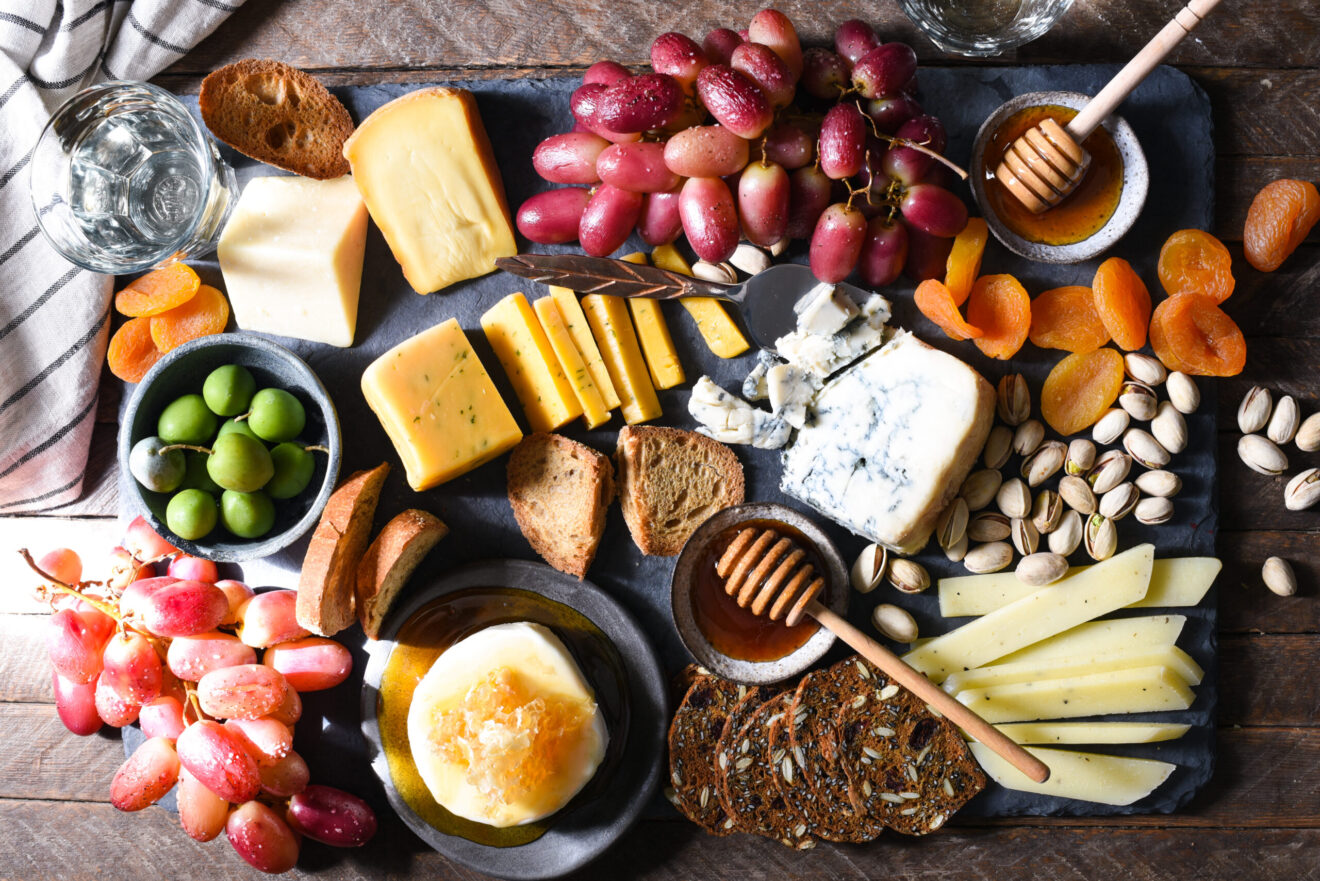This post is sponsored by Buzz + Bloom.
The growing fervor for craft and artisan foods and beverages is driving consumers to seek out locally-made products and adopt a philosophy that the best items come from their own backyards — but this isn’t always the case. As honey brand Buzz + Bloom discovered, the limitations of local ingredients include putting a strain on workers (in this case, worker bees) to produce enough product to meet demand as well as the inability to show the full diversity of honey aromas and flavors from all around the world.
“In the US, demand for honey outstrips the supply that our bees can provide. By sourcing our honey from around the world, we’re able to offer consumers a terrific array of honeys, each with a unique taste experience that differs from honey that’s produced exclusively in the US,” said John Rzeszut, vice president of marketing for Buzz + Bloom, which sources its honey from beekeepers in the US, Vietnam, Ukraine, Mexico, Brazil, Ethiopia and India.
Sourcing from a wide array of countries also allows the brand to offer certified Fair Trade, organic and Non-GMO honeys that can’t be produced in the US.
“Since honeybees can travel several miles from their hive in search of nectar, it’s nearly impossible to find a large enough area in the US that is free of non-organic fertilizers, antibiotics or pesticides,” Rzeszut said. “By sourcing our organic non-GMO honey from an undeveloped area that isn’t used for commercial agriculture, like Brazil, we’re able to ensure that the honey bees in the area haven’t traveled to crops that are treated with synthetic products.”
Buzz + Bloom is also working to help protect the honeybee population, which is in decline due to Colony Collapse Disorder. The company donates to Planet Bee Foundation to support the nonprofit organization in its mission to heighten awareness of the struggling honey bee population through research, education and community stewardship.
Helping honey bees bounce back from Colony Collapse Disorder is especially important now, since demand for honey is on the rise in the US as consumers switch to sweeteners perceived as more natural. Of the 576 million pounds of honey sold in the US last year, food processors used 30% of the honey in prepared and packaged foods, and chefs and foodservice operators used 21%, according to research from the National Honey Board and market research firm Technomic. Popular applications for honey include beverages, breads, cereals and dairy products such as yogurt and ice cream. “We’re also seeing a lot of honey usage in microbrews and craft cocktails highlighting the particular flavor nuances of honey,” Rzeszut said.
These flavor nuances are another benefit of global sourcing. “There’s no better food than honey to showcase the unique character of a particular area. Because bees only visit flowers within a few miles of their hive, their honey is the product of the specific flowers that were in bloom in the country of origin at the time. Buzz + Bloom celebrates this terroir by selectively choosing honey from different parts of the world to provide a different flavor experience in each jar,” Rzeszut said.
Global sourcing also allows Buzz + Bloom to support beekeepers in developing countries, such as Ethiopia. With a network of producers spanning the globe, Buzz + Bloom works to select high-quality honey that is produced with the wellbeing of bees — and beekeepers — in mind.
“We’ve partnered with beekeepers and honey collectors from around the world who have gone through a careful and thoughtful vetting process. We closely monitor the honey that their bees produce as well as the way in which they treat their bees, ensuring that our beekeepers are using the best quality-control practices for their bees,” Rzeszut said.
So the next time you’re eating honey, think about where it was sourced from and everything that went into creating that distinct sweetness.
__________________________________________________
If you enjoyed this article, join SmartBrief’s email list for more stories about the food and beverage industry. We offer 17 newsletters covering the industry from restaurants to food manufacturing.
